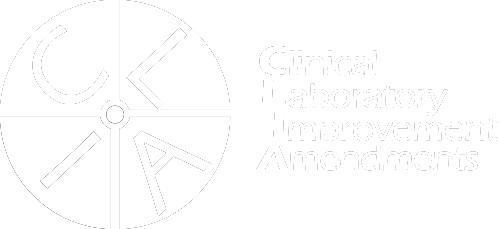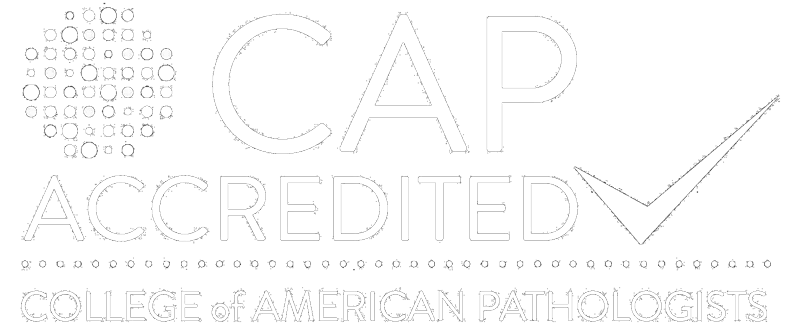For justice-involved individuals, in-person meetings with parole and probation staff are the most effective way to treat Substance Use Disorder (SUD).
Talking face-to-face while picking up on cues and mannerisms builds understanding and trust to help keep your clients accountable and on the road to recovery.
While courts and probation offices have returned to in-person meetings following pandemic protocols that included virtual court sessions to minimize wait times, medical professionals continue to rely on telehealth to treat SUD.
During the height of the COVID-19 pandemic, telehealth services enabled the healthcare industry to continue providing Substance Use Disorder (SUD) treatment despite limited in-person appointments. Today behavioral healthcare, including SUD treatment, is still widely delivered virtually.
Expanding accessibility
Even if you are meeting with your clients in person and they’re receiving hands-on treatment, it’s good to know the benefits of telehealth.
Virtual options expand accessibility to treatment, particularly in rural areas that lack public transportation and facilities with qualified personnel. Telehealth enables individuals in rural areas to receive treatment regardless of location while reducing transportation barriers.
Of course, this depends on reliable internet access. The Federal Trade Commission estimates that 21 million Americans do not have internet access, while BroadbandNow estimates this number may be closer to 42 million, so for your clients with limited internet access or smartphones, in-person sessions are preferred.
The ability to meet online instead of in person is just one technology to help your clients receive the care they need.
Innovations include client-facing apps that allow clients to communicate directly with treatment providers and their probation officers for check-ins that provide immediate support to those needing positive affirmations and other related appointment information.
If you’d like to learn more, the Telehealth for Opioid Use Disorder Toolkit from the Providers Clinical Support System provides some examples of how telehealth can augment your clients’ treatment.
And be sure to contact us to learn more about how daily engagement and positive affirmation with your clients through text messaging can improve outcomes.



